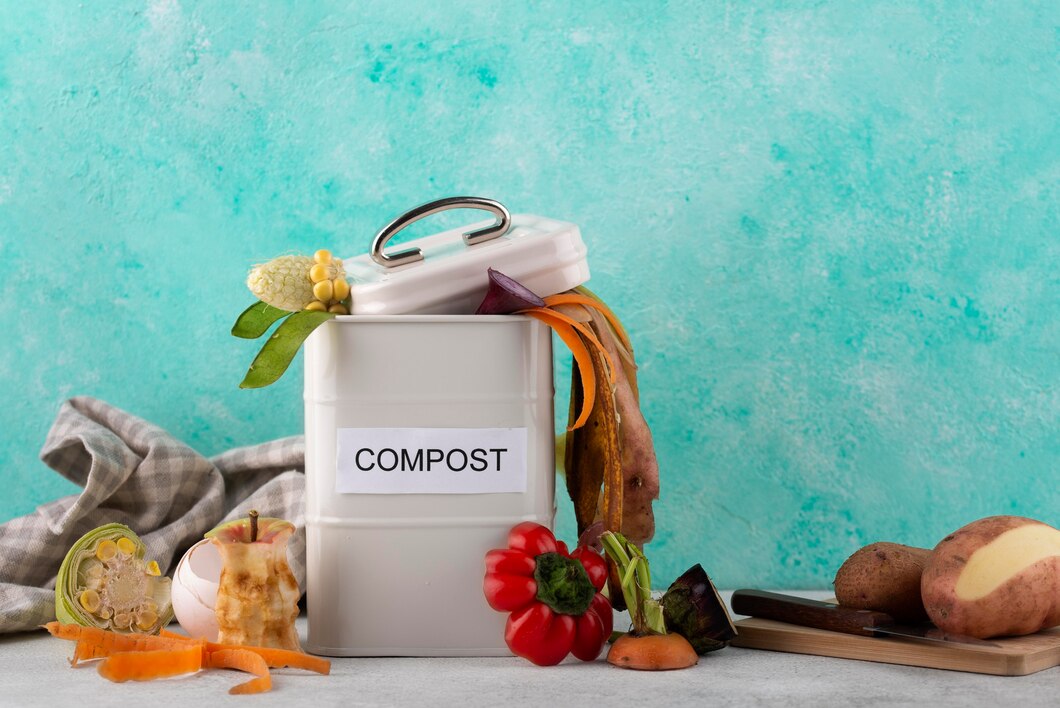
Sponsored article
Many gardeners often underestimate the role that tiny organisms play in the process of composting. The unsung heroes of your compost pile- bacteria, fungi, and other microorganisms- are the secret power behind the transformation of kitchen scraps and yard waste into rich, fertile compost. Explore how these microorganisms drive the composting process and learn how to maximize their function to ensure a nutrient-rich, high-quality compost heap.
Deciphering the world of compost, it becomes evident that diverse compost microorganisms play a dynamic role in the composting process. Predominantly, these include bacteria, fungi, actinomycetes, and protozoa—all forming a complex ecosystem within your compost heap. These types of compost microorganisms work synergistically to break down organic matter. Bacteria, the most abundant, initiate the process, while fungi and actinomycetes degrade tougher materials. Protozoa, on the other hand, control bacterial populations, ensuring harmony. Understanding these microbes’ role is crucial for effective composting.
In order to achieve compost optimization, a keen understanding of how to encourage microorganisms is key. Microorganisms are essential contributors to the successful decomposition process. Their growth and activity can be optimized by manipulating the compost condition to create an environment conducive for them. This involves maintaining the compost at a certain temperature (ideally, between 55 and 65 degrees Celsius), providing ample aeration, and establishing a proper balance of green and brown materials. Green materials offer nitrogen, while brown materials provide carbon – both vital for microbial life. Also, maintaining moisture is important to allow the microbes to move around freely. Remember, the quality of your compost directly reflects in the health and productivity of your garden’s soil, so optimize away!
The impact of microorganisms on compost quality is profound. These tiny lifeforms are essential players in the decomposition process, breaking down organic materials into a fertile, nutrient-rich compost. As these microorganisms consume the material in your compost pile, they generate heat which further accelerates the decomposition process. In turn, they help produce a high-quality compost that’s teeming with nutrients, improving soil health and fertility. By understanding the role that microorganisms play within the composting process, one can optimize conditions for these benefactors, ultimately enhancing compost quality and the nutrient density of the end product.